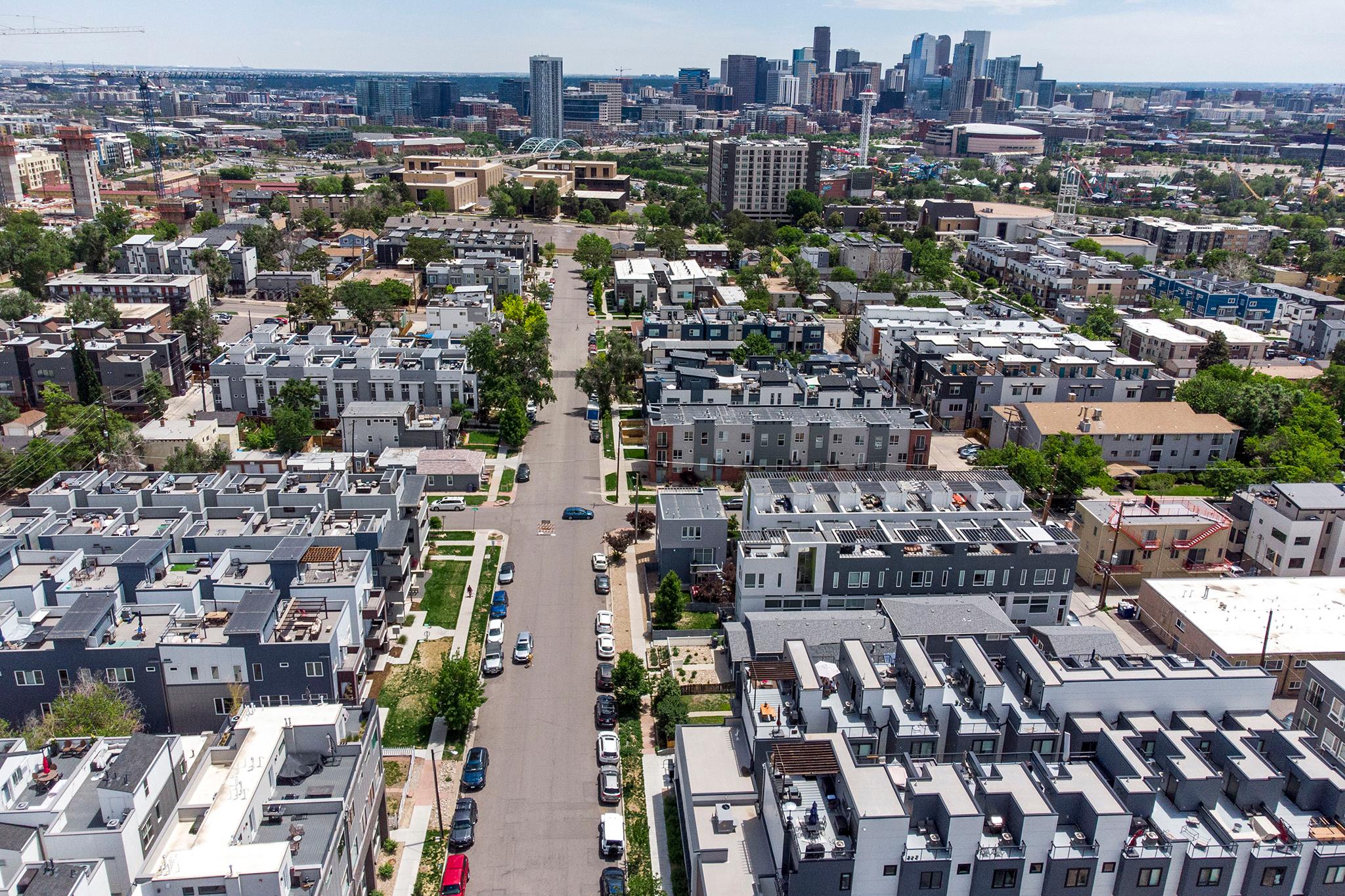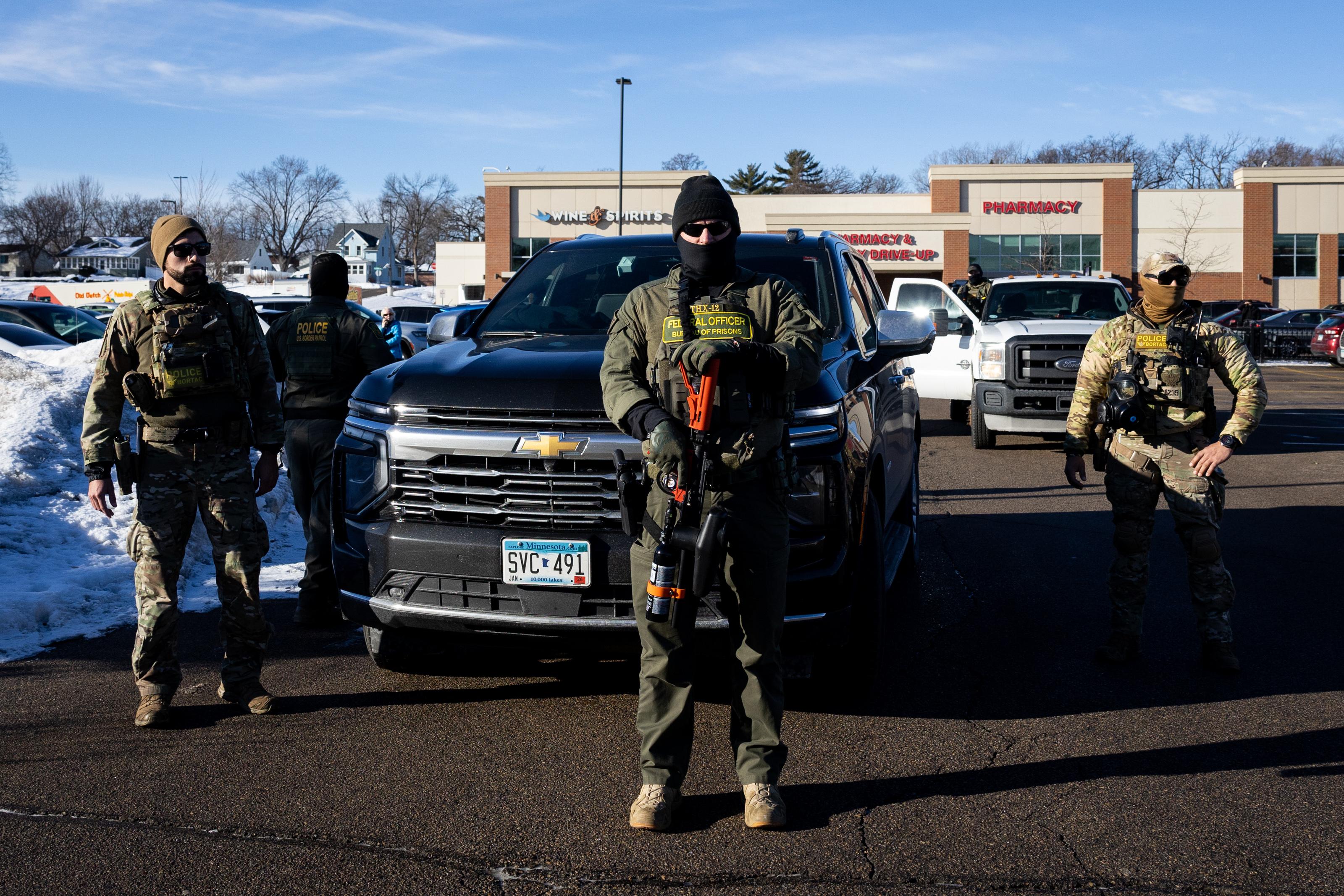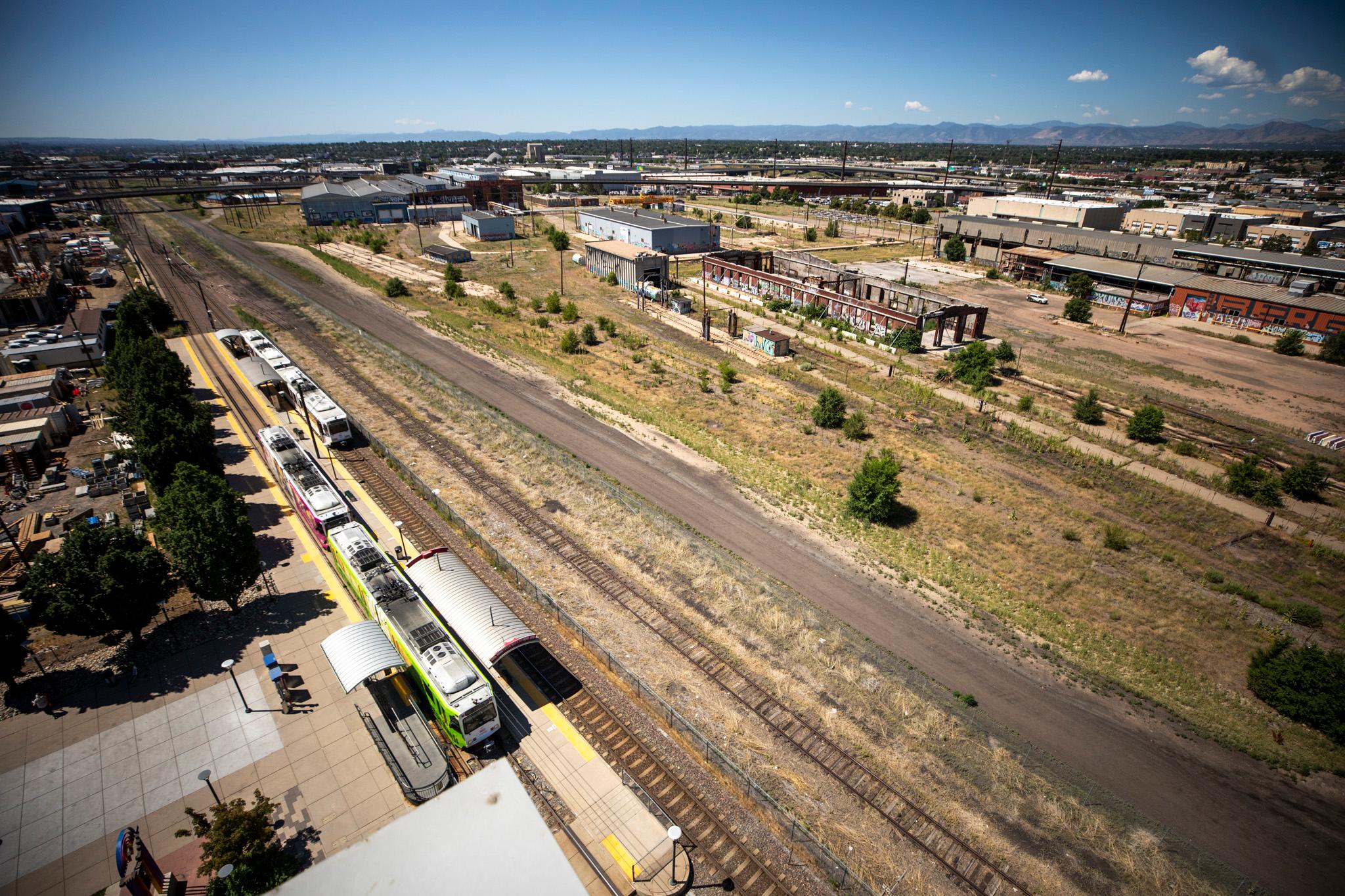Earlier this year, we asked over 100 Denverites what they want to see from political candidates. At the top of the list was housing and affordability. That included home prices, wages, homelessness, displacement and development.
Voters looking for a say on some of these issues will soon be able to make their voices heard. With ballots in the mail on Oct. 17 and voting concluding on Nov. 8, here's what you need to know about where affordability shows up in the coming election.
City and County Ballot Questions
This is where people interested in affordability and housing -- and the nitty gritty operations of the city and how their lives work -- will have the most say over future local policies, taxes and new programs. Some of these questions, called referrals, were brought to the voters by City Council. Others, called initiated ordinances, were brought to voters by citizens who collected signatures from registered voters.
Ballot issues, like the one some voters will see which was brought by the Valley Sanitation District, are proposed by districts.
Here are the questions that directly relate to housing and affordability.
Referred Question 2K: Should the city spend all of its tax money collected from its .25% sales-and-use tax for homelessness resolution and continue to collect the tax.
Initiated Ordinance 305: Should landlords be charged a fee to pay for free legal defense services for all Denverites facing eviction?
Initiated Ordinance 307: Should Denver create a Sidewalk Master Plan and a new program that would remove responsibility for sidewalk repair from homeowners and put it on the city. The program would be funded by a fee paid by homeowners.
Amendments to the state constitution
While the legislature or citizens can put these items on the ballot this year, only the legislature did. These items would change Colorado's constitution.
Of the three items on the ballot, only one item relates to affordability, and it would only affect a minority of residents whose spouses were veterans who died in combat or from diseases and injuries caused in combat. That amendment, which would reduce those people's property taxes, is called the Extend Homestead Exemption to Gold Star Spouses.
These amendments require 55 percent of voters to approve them to pass.
Propositions
The legislature or citizens can put these items on the ballot, but they don't change the state's constitution. Instead, they alter state statutes or make changes to taxes. They require a majority of voters to approve them.
This year, there are several propositions that would affect affordability.
FF: Healthy School Meals for All: That would raise taxes to create a program to ensure all students would have access to free breakfasts and lunches at school.
121: State Income Tax Rate Reduction: This measure would cut state income taxes from 4.55 percent to 4.4 percent.
123: Dedicate Revenue for Affordable Housing Programs: This would set aside state money for new income-restricted housing, renters assistance, supporting local housing initiatives, and more.
U.S. Senators and Representatives for Congress
The role of U.S. senators and representatives is to propose and vote on federal policies, including new laws and plans for how the government will spend taxpayer dollars. Decisions in Washington D.C. can influence where money flows locally.
Senators and Representatives will help determine whether the federal government creates national plans for affordable housing, boosts housing supply, raises wages, and builds programs to prevent homelessness.
There are two senators representing all of Colorado, but congressional districts are smaller. There are currently seven in Colorado, and in the next session, there will be eight. Representatives theoretically give smaller regions more say in federal policy.
Incumbent U.S. Senator Michael Bennet, a Democrat, is the only Senate candidate with a housing plan listed on his website. Bennet has been actively working to address the housing crisis in Denver and beyond by bringing together local, state and federal policymakers and other strategies.
In his policy statements, Republican Joe O'Dea doesn't outline a housing plan -- but he doesn't think highly of the Mile High City. "Denver is a disaster," he stated online. He believes cities in Colorado are being destroyed by homelessness and crime, and that politicians need to stand with police and first responders to solve those issues.
Governor
Whoever is elected governor of Colorado will have executive powers, including the right to veto new legislation coming from the Statehouse. Those vetoes can be overturned, but only with 66 percent-plus votes from both the Colorado House and Senate.
In those two bodies, state lawmakers will likely be prioritizing policies and addressing affordability and housing.
The governor will also oversee multiple state agencies, including the Division of Housing, which offers rental and mortgage payment assistance programs, boosts affordable housing, regulates mobile home parks, oversees factory-built housing and manages rental assistance vouchers.
The governor also oversees programs related to education affordability, economic development, trade, labor and employment.
Here's more about incumbent Jared Polis (Dem) and challenger Heidi Ganahl (GOP).
Attorney General
As the top law enforcement watchdog in the state, the attorney general represents the legislature, state agencies and citizens in court cases. While most of the office's work is not related to housing or affordability, it is this position that could hold landlords, developers and others accountable in court.
Here's more about who's running.
Secretary of State
Outside of regulating and licensing businesses and overseeing elections, this office has little to do with questions of affordability.
Here's more about incumbent Jena Griswold (Dem) and challenger Pam Anderson (GOP).
State Treasurer
The State Treasurer oversees tax money, from collection to spending, and helps reunite people with unclaimed property. Having a solid treasurer assures money is being handled and managed well.
Here's more about who's running.
State senators and representatives
State senators and representatives propose and vote on Colorado's policies, laws and where money flows. They will likely be proposing and voting on many state policies related to housing and affordability. In recent years, those have included construction defects laws, tenant protections and a measure that changed how municipalities address income-restricted housing. In Colorado, municipalities currently have a lot of control when it comes to figuring out zoning, or where things can be built and how. But City Council and mayoral races aren't happening until spring, so these officials are among the most important on November's ballot when it comes to setting housing policy.
State lawmakers also have a say in what sorts of regulations developers face, some affordable housing funding and creation, and what types of protections renters and homeowners have. While Denver currently has a higher minimum wage than Colorado, state lawmakers set the minimum wage for the state as a whole.
?️ For more information on the November ballot, check out the Denverite and Colorado Public Radio ballot guides.











